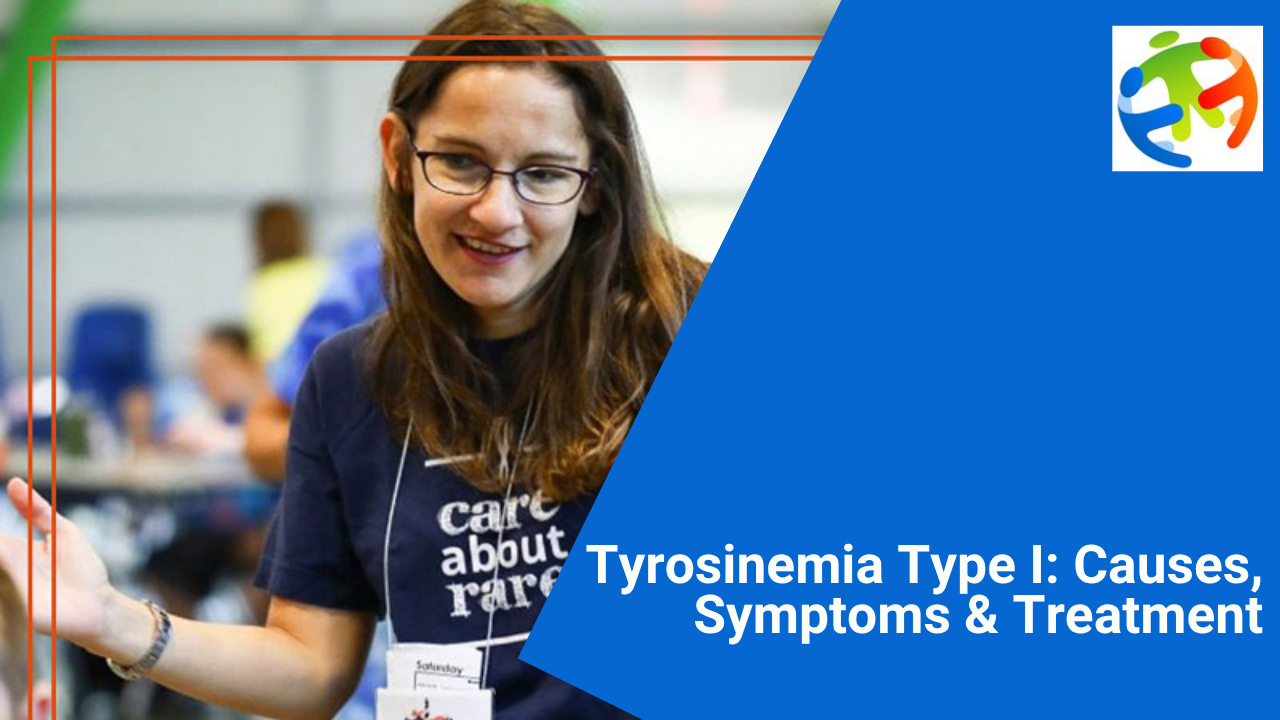
Tyrosinemia Type I is a rare but serious inherited disorder in which the body cannot properly break down the amino acid tyrosine due to a deficiency of the enzyme fumarylacetoacetate hydrolase (FAH). This leads to the accumulation of toxic byproducts—especially succinylacetone—that damage the liver and kidneys.
Infants may show early symptoms such as jaundice, failure to thrive, and a cabbage-like odor. Without treatment, it can cause severe liver failure and increase the risk of liver cancer. Diagnosis relies on detecting elevated tyrosine and succinylacetone levels, while treatment includes nitisinone therapy, a low-tyrosine/low-phenylalanine diet, and in severe cases, liver transplantation.
What Causes Tyrosinemia Type I?
The FAH enzyme plays a key role in the final step of tyrosine metabolism. When this enzyme doesn’t function properly, harmful metabolites build up in the liver and kidneys. These toxic compounds lead to liver injury, renal dysfunction, and neurological symptoms if untreated.
Symptoms and Early Warning Signs
Tyrosinemia Type I usually appears in early infancy. Common signs include:
Persistent jaundice and enlarged liver
Poor weight gain and irritability
Bleeding tendencies and easy bruising
Cabbage-like odor due to metabolic byproducts
Renal problems similar to Fanconi syndrome
If not managed early, the condition can progress to liver failure or hepatocellular carcinoma.
Diagnosis and Screening
Early diagnosis saves lives. Newborn screening programs can detect Tyrosinemia Type I by identifying succinylacetone in dried blood spots. Confirmatory tests include plasma amino acid analysis and genetic testing of the FAH gene. Early detection allows treatment to begin before irreversible organ damage occurs.
Treatment and Long-Term Care
The cornerstone of treatment is nitisinone (NTBC), which blocks the formation of toxic metabolites. This medication, combined with a low-tyrosine and low-phenylalanine diet, prevents liver and kidney injury.
Regular medical follow-ups are vital to monitor liver function, alpha-fetoprotein levels, and growth. In cases of advanced liver disease or cancer, liver transplantation may be needed.
Living With Tyrosinemia Type I
With proper management, children diagnosed early can live healthy, fulfilling lives. Ongoing care includes nutritional guidance, developmental monitoring, and psychological support. Advances in screening and treatment continue to improve outcomes and offer renewed hope for affected families.
Finding Hope and Support
Tyrosinemia can be overwhelming, but no family should face it alone. Support groups, dietitians, and metabolic specialists provide vital guidance and emotional care.
Join the NOTA family at notacares.org — a global community spreading hope, strength, and knowledge for those touched by Tyrosinemia. Together, we can raise awareness, inspire compassion, and make a difference.


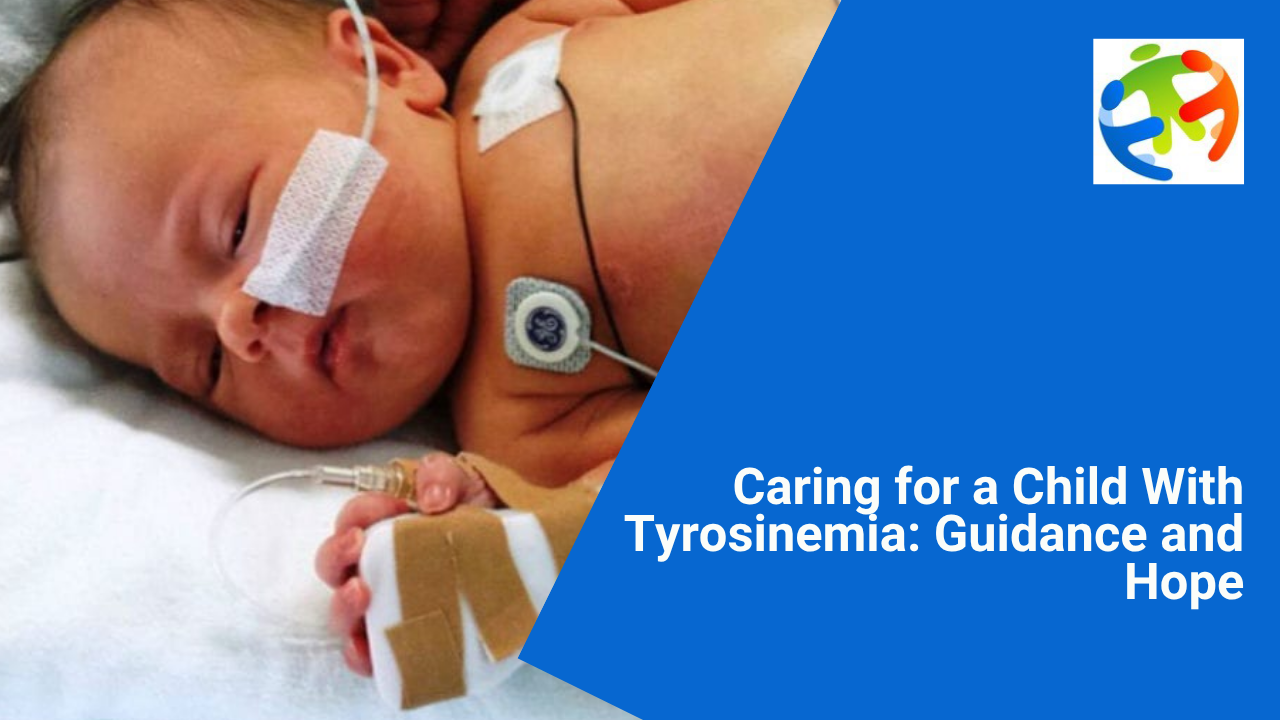
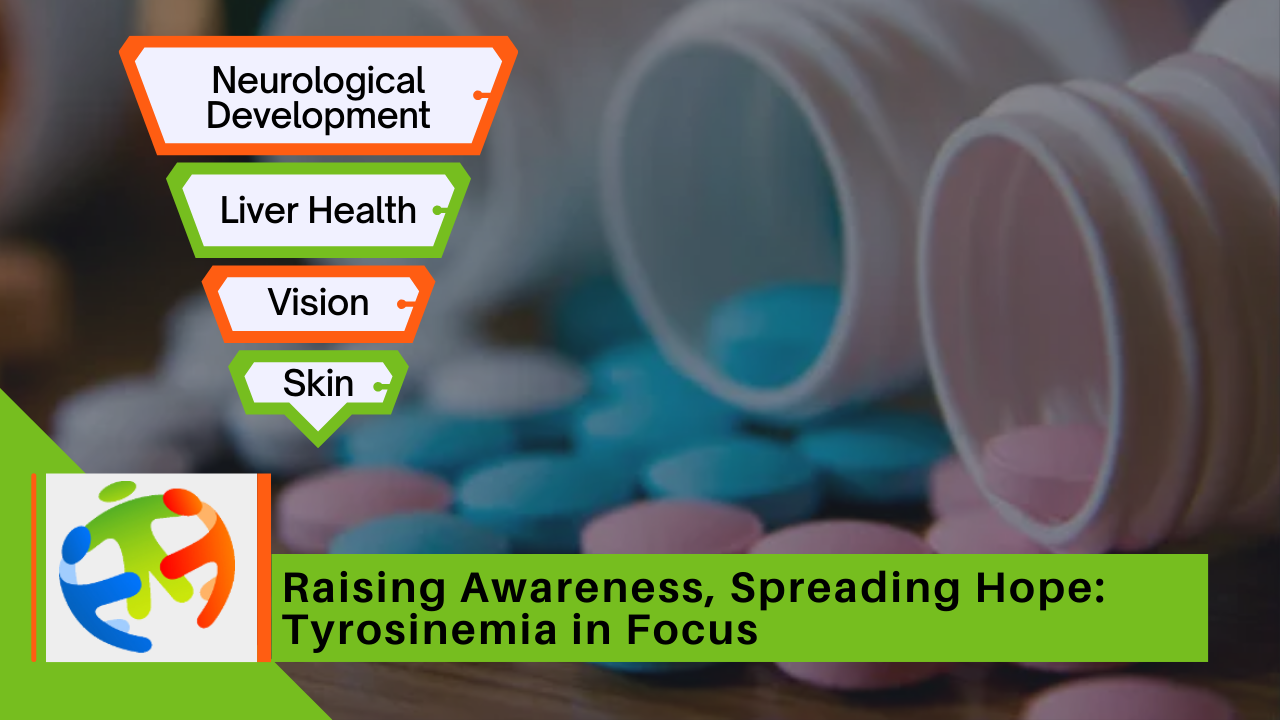
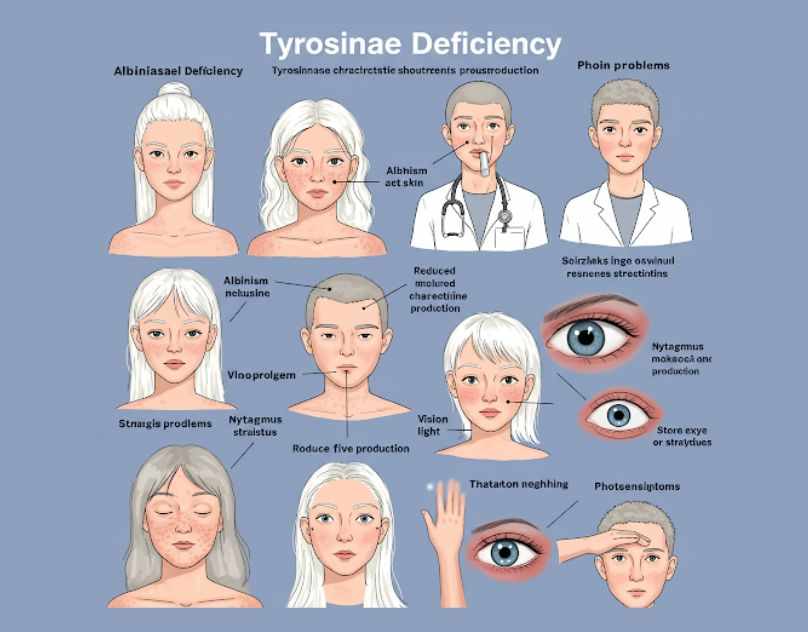

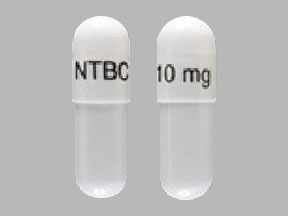




Write a comment ...